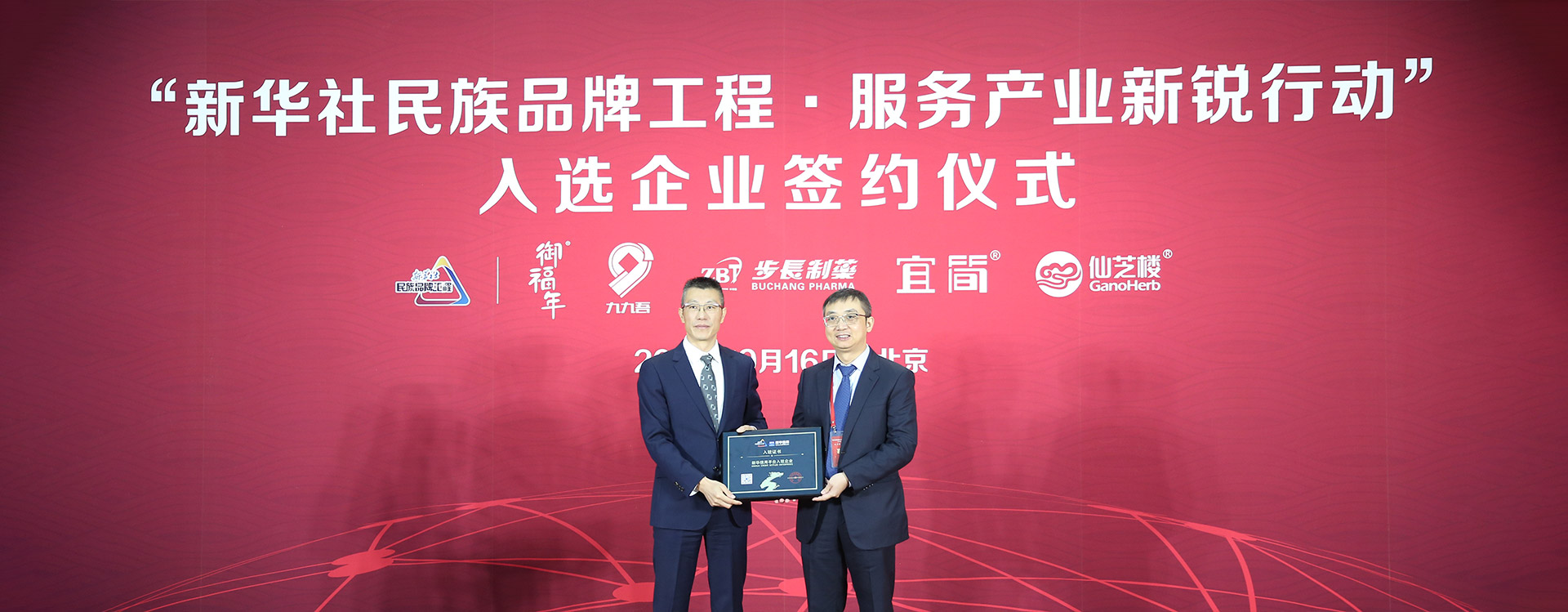Lingzhi improves hypertension and does not affect normal blood pressure
- Categories:Media Center
- Time of issue:2021-06-01 09:25
- Views:
Lingzhi improves hypertension and does not affect normal blood pressure
- Categories:Media Center
- Time of issue:2021-06-01 09:25
- Views:
Clinical trials 50 years ago have confirmed that Ganoderma lucidum (also called Lingzhi or Reishi mushroom)can improve hypertension. It is also known that the combined use of Ganoderma lucidum and antihypertensive drugs and lipid-lowering drugs is more effective than using Ganoderma lucidum alone. Next, scientists want to ask whether long-term consumption of Ganoderma lucidum will be harmful to hypertensive patients and whether it will change normal blood pressure into hypotension.
In 1985, Professor Katsuo Kanmatsuse of the Department of Cardiology of Surugadai Nihon University Hospital et al. published a clinical report in Yakugaku Zasshi, which provided us with answers.

Ganoderma lucidum does not blindly lower blood pressure but regulates blood pressure
The subjects participating in this clinical trial were all employees of the same company, including 40 patients with essential hypertension, and 13 patients with mild hypertension or normotension. The patients were instructed to take six tablets containing 240 mg of the Ganoderma lucidum fruiting body hot water extract per day.Patients with essential hypertension also continue to take the antihypertensive drugs, lipid-lowering drugs and cardiovascular drugs they were originally taking.
After 6 months, the mean changes of blood pressure in the two groups were shown in Figure 1:
In terms of systolic blood pressure, the essential hypertension group decreased by 11.3% while the mild hypertension or normotension group decreased by 6.8%; as for the diastolic blood pressure, the former decreased by 7.2% while the latter decreased by 1.6%.
Ganoderma lucidum obviously uses different strengths to deal with different levels of blood pressure, and it also handles systolic and diastolic blood pressure according to the specific situation, that is, uses different strengths to regulate blood pressure.

Let’s look at the individual effects of Ganoderma lucidum on the blood pressure of the two groups of subjects:
In the essential hypertension group, about 60% of the subjects experienced a decrease in systolic and diastolic blood pressure due to the intervention of Ganoderma lucidum, and no one had an increase in blood pressure (Figure 2); but in the mild hypertensive or normotensive group, most people did not experience changes in blood pressure—77% of people did not experience changes in systolic blood pressure while 62% of people did not experience changes in diastolic blood pressure —even if the blood pressure of some individuals dropped, the drop was relatively small while there was even a slight increase in blood pressure in one or two cases (Figure 3)
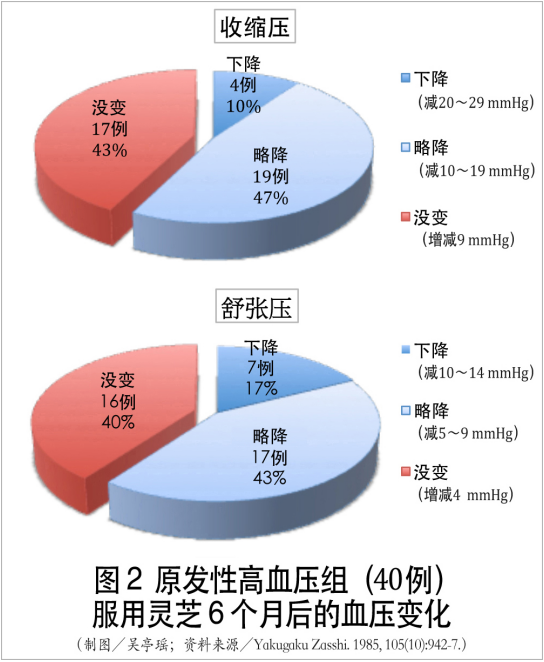
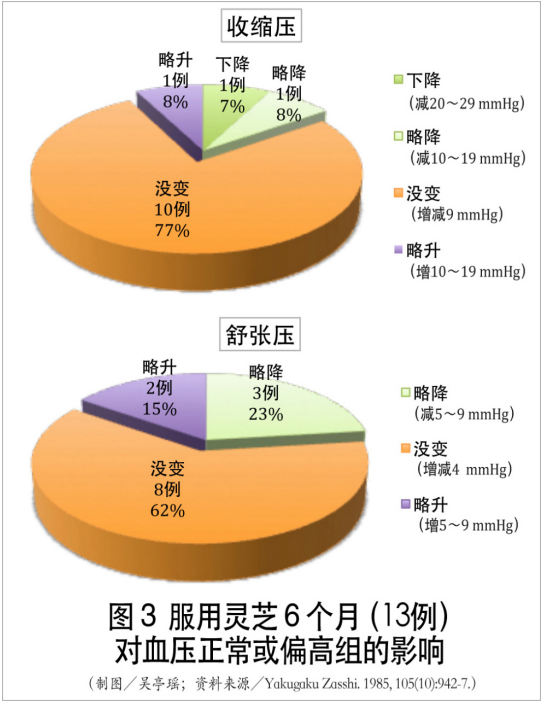
Long-term consumption of Ganoderma lucidum can improve cholesterol without impairing body functions
Based on the above results, it can be seen that the effect of Ganoderma lucidum on blood pressure is not blindly lowering but through "regulation" to gradually bring the systolic and diastolic blood pressure closer to the normal level, so Ganoderma lucidum is suitable for people with various blood pressure conditions to eat safely for a long time.
More importantly, at the end of the six-month trial, none of the 21 blood biochemical markers related to blood lipid, blood sugar, renal function, hepatobiliary function, hematopoietic function and coagulation function (shown in the table below) was abnormal, and the mean total cholesterol was reduced from 216.2 mg/dL before the trial to 201 mg/dL.
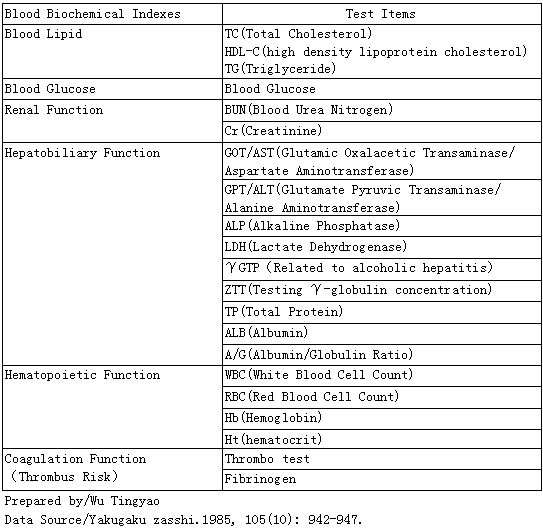
Why not try to strive for effectiveness based on security?
In 2009, London Hospital Medical College published a report in the British Medical Journal that every 10/5 mmHg reduction can reduce the incidence of coronary heart disease by 21% and stroke by 46%. This is based on 147 randomized clinical trials following a total of 958,000 people.
Looking back at the benefits of taking Ganoderma lucidum for half a year for patients with essential hypertension, the systolic blood pressure is reduced by an average of 17.7 mmHg while the diastolic blood pressure is reduced by an average of 7.5 mmHg. Do you think it is meaningful to take Ganoderma lucidum for hypertension?
The "effectiveness" of Ganoderma lucidum is based on its "safety". When blood pressure cannot be controlled by western medicine, why not take the hot water extract of Ganoderma lucidum fruiting body for half a year to gain an opportunity for improvement of blood pressure ?
Reference
1. Katsuo Kanmatsuse, et al. Studies on Ganoderma lucidum. I. Efficacy against hypertension and side effects. Yakugaku zasshi. 1985, 105(10): 942-947.2. M R Law, et al. Use of blood pressure lowering drugs in the prevention of cardiovascular disease: meta-analysis of 147 randomised trials in the context of expectations from prospective epidemiological studies. BMJ. 2009, 338:b1665.
END
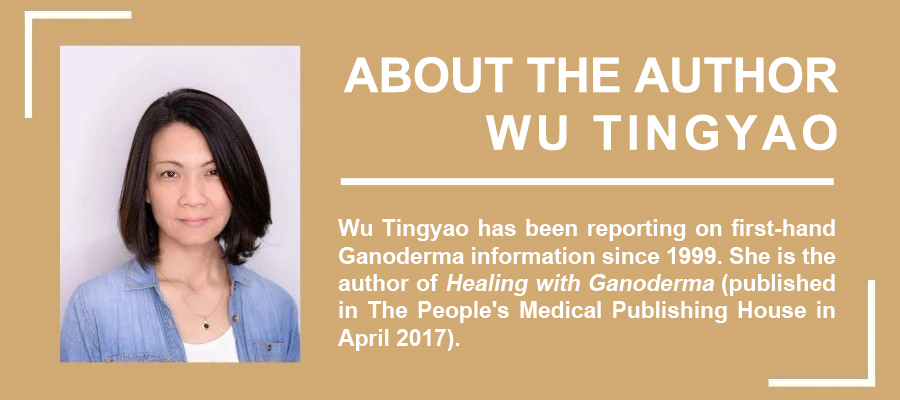
★This article is published under the exclusive authorization of the author, and the ownership belongs to GanoHerb.
★Do not reprint, excerpt or use the above works in other ways without the authorization of GanoHerb.
★If the work has been authorized to use, it should be used within the scope of authorization, and the source should be indicated: GanoHerb.
★GanoHerb will investigate and affix the relevant legal responsibilities of those who violate the above statements.
★ The original text of this article was written in Chinese by Wu Tingyao and translated into English by Alfred Liu. If there is any discrepancy between the translation (English) and the original (Chinese), the original Chinese shall prevail. If readers have any questions, please contact the original author, Ms. Wu Tingyao.


Search
GanoHerb Group
Headquarters Address: Building 9, Phase 1, Innovation Park, Haixi Park, Fuzhou High-tech Zone, Fuzhou City, Fujian Province, China
Healthline:400-8899-773 Hotline:18105908051
COPYRIGHT © GanoHerb Group 闽ICP备05002116号-10 Powered by:300.cn

官方公众号

Wechat Mall

Tmall

Jingdong Mall

